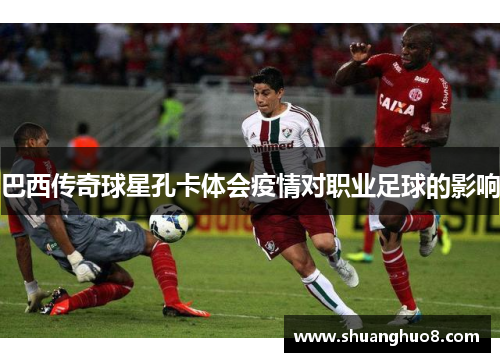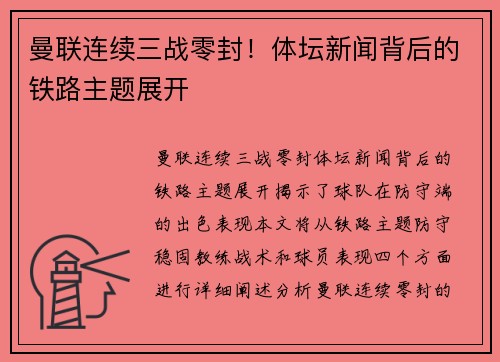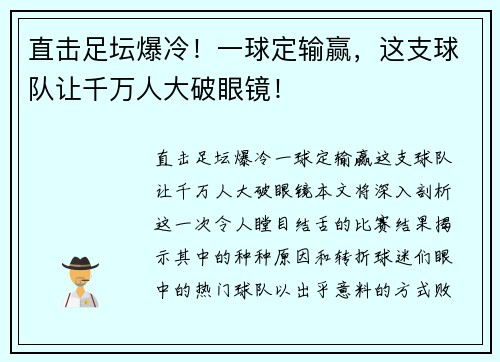In this article, the impact of the epidemic on professional football as experienced by the legendary Brazilian footballer Kaka is discussed. The article begins by summarizing the overall influence of the epidemic on the football industry and then delves into four specific aspects. Finally, a conclusion is drawn based on Kaka's insights and experiences.

1、Challenges Faced by Players
The epidemic has posed numerous challenges for professional football players, both physically and mentally. With training sessions and matches being cancelled or postponed, players have struggled to maintain their fitness levels and match sharpness. The lack of regular competition has also affected their motivation and mental well-being.
Additionally, the uncertainty surrounding the resumption of leagues and tournaments has created anxiety among players about their future prospects and contracts. Many players have had to adapt to new training routines and protocols to ensure their safety and compliance with health guidelines.
On a positive note, some players have used this period as an opportunity to work on their weaknesses and focus on improving their skills. The extended break from competitive football has allowed them to rest and recover from injuries, which could benefit their performance in the long run.
2、Financial Impact on Clubs
The epidemic has had a significant financial impact on football clubs around the world, with many facing revenue losses due to the suspension of matches and the closure of stadiums to fans. This has forced clubs to make tough decisions regarding player salaries, transfers, and budgets.
Smaller clubs and lower leagues have been particularly hard hit, as they rely heavily on ticket sales and matchday revenue to sustain their operations. Many clubs have had to cut costs, reduce staff, or seek financial assistance to stay afloat during these challenging times.
The financial strain has also affected the transfer market, with clubs being more cautious in their spending and looking for ways to generate income through player sales, sponsorships, and other revenue streams.
星空体育欢迎您3、Impact on Fan Engagement
The epidemic has disrupted the traditional ways in which fans engage with football, such as attending matches, watching games at stadiums, and gathering with fellow supporters. This has led to a decline in fan participation and enthusiasm for the sport.
To stay connected with their fan base, clubs and players have turned to digital platforms and social media to provide content, updates, and interactive experiences. Virtual matches, online events, and live streams have become popular ways to engage fans and maintain their interest in football.
The absence of fans in stadiums has also affected the atmosphere and dynamics of matches, with players having to adjust to playing in empty arenas and without the usual support and energy from the crowd.
4、Long-Term Effects on the Football Industry
The long-term effects of the epidemic on the football industry are yet to be fully realized, but it is clear that the landscape of the sport will be forever changed. Clubs, players, fans, and stakeholders will need to adapt to new norms and practices to ensure the sustainability and growth of the game.
It is likely that the epidemic will accelerate trends such as digital transformation, virtual experiences, and remote engagement in football. Clubs and leagues will need to innovate and evolve in order to stay relevant and competitive in a post-epidemic world.
Overall, the epidemic has highlighted the resilience and adaptability of the football community, as well as the importance of solidarity, collaboration, and unity in overcoming challenges and shaping the future of the sport.
Conclusion:
In conclusion, the epidemic has had a profound impact on professional football, affecting players, clubs, fans, and the overall industry. The challenges and disruptions caused by the epidemic have forced stakeholders to rethink their strategies, operations, and priorities. As the football world navigates through these uncertain times, it is crucial for all parties to work together and support each other in rebuilding and strengthening the sport for the future.


